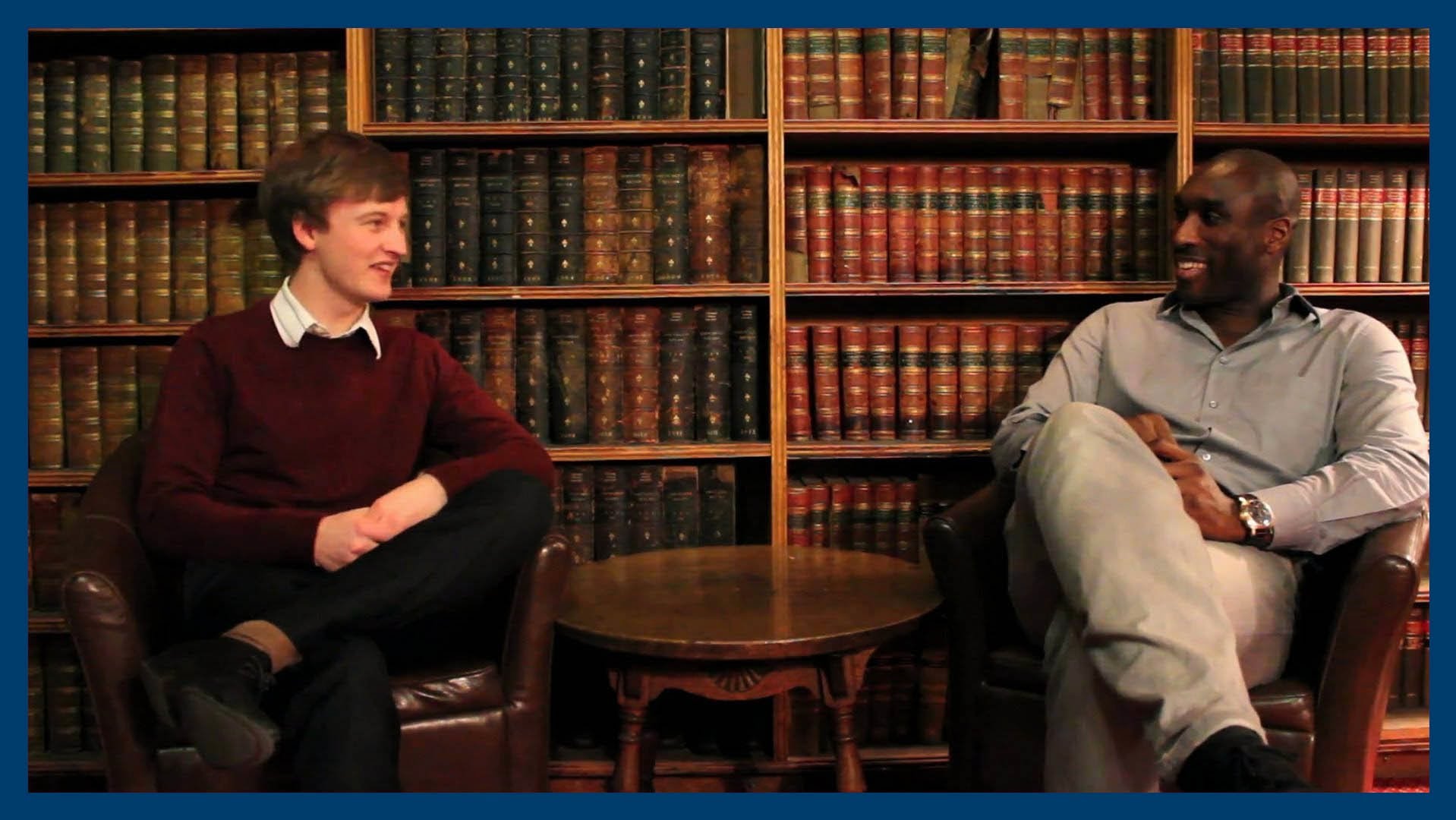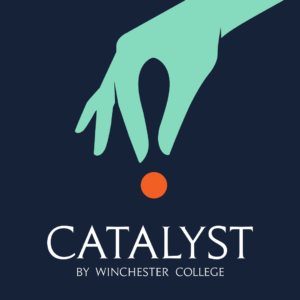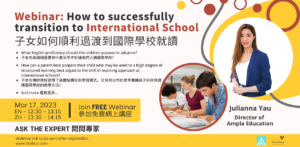January 8, 2018
Education is full of exams. These exams might start off being relatively straightforward, but they will only get harder and are often life-changing. Indeed, most of you reading this article will have futures that depend on university entrance exams. When you get to university, the exams will only get more stressful once it’s apparent that good degree results are the minimum requirement in a competitive job market for graduates. And once you have a job, you may have to sit exams for professional qualifications, such as in law and accounting. But at some point, you won’t have to do exams any more. That moment of realisation will be refreshing – but it’ll also be the moment you realise that formal education is only one ingredient for a happy and successful life ahead of you.

In the ‘real world’ of work and day-to-day life, you soon realise that the pressure’s still on for you to work hard, but it’s no longer for a big exam at the end of the year. Your everyday efforts are what count, both on the job and in dedicating time to your commitments outside of work e.g. family, friends, and hobbies. Sticking to an exam syllabus turns out to be fairly poor preparation for this next stage of life! Firstly, work and life require a huge range of ‘soft’ skills that aren’t taught by any syllabus, ranging from communication to cultural awareness. Secondly, exams don’t encourage constant personal growth and intellectual exploration. Rather, it’s quite possible to cram the essential elements of the syllabus in the few weeks or months in the run-up to exam season, as most students will attest! So how can schools encourage this sort of ongoing development in students?
My brother’s (Thomas) secondary school, Winchester College, addressed the need for this broad and consistent education by teaching Div[1]. The most obvious functions of Div were to act as a form group by which students were organised and to offer academic guidance and pastoral support through students’ Div Dons[2] – nothing special so far. More importantly, however, were the 4-6 lessons per week dedicated to Div in which Div Dons would teach a wide range of topics, ranging from the arts to current affairs – almost always unexamined. Div initially focused on more basic topics such as spelling and history, which were building blocks for the more flexible teaching that followed in later years. By sixth form, it was quite common for students to be driving free-ranging discussions on economics and philosophy, even if these subjects were taught to exam syllabuses in separate classes. Other notable examples include sessions of life drawing in the classroom and trips to the theatre in London. These experiences enriched students of all academic specialisms with learning centred on critical thinking, debate, and an awareness of the world around us. By sixth form, students may focus on entirely unrelated subjects outside Div (e.g. sciences), and are often grateful for the chance to engage with topics that don’t involve equations for a change!
When I started my Chemistry degree at Cambridge, it was up to me to engage in extracurricular activities that broadened my outlook. I joined the Cambridge Union Society, where I attended debates and talks with high profile speakers, such as Stephen Fry and Robert Downey Jr. I joined Cambridge University Air Squadron, where I undertook training with the Royal Air Force and was exposed to a military world very different to the civilian world that most of us are accustomed to. Participating in and assuming leadership roles in these activities taught me as much throughout my time at university as my degree. They made my university experience more rewarding, by doing things I enjoyed, and also more productive, by giving me transferable skills that helped land me a job.
The most important thing to stress is that no individual experience should be seen as a template for anybody else. You don’t have to go to Winchester to spend time on unexamined learning in Div classes – other schools and teachers will encourage independent study and critical thinking. You don’t have to join a debating society or be a military cadet to make the most of university – these are simply activities that appealed to me. What you should remember is that while exams are undoubtedly important, they are not the be all and end all of your education. It’s important then to find ways to fill the gaps in your education that exam syllabuses inevitably leave – whether at school, university, or beyond.
[1] Stands for Division
[2] Teachers
To find out more about Ampla Education’s enrichment classes, contact us at info@ampla-edu.com
________________________________________________________________________
© Ampla Education – Unauthorised use of this material without permission is strictly prohibited. Excerpts and links may be used, provided that full credit is given to Ampla Education.



















